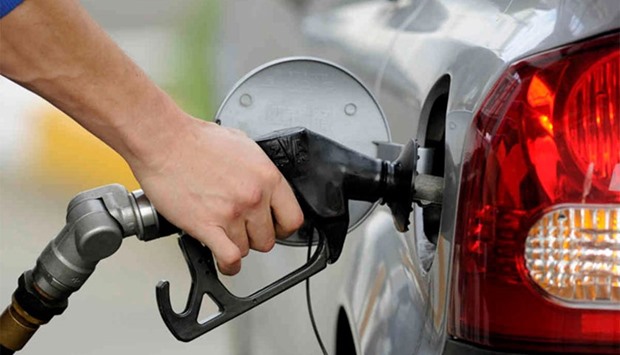Analysts expect a gradual pick-up in consumer price inflation over 2016–2018, from 2.7% to 3.4%, MDPS said in its “Qatar Economic Outlook 2016 – 2018”.
The consensus forecasts are lower than those reported in December 2015’s Qatar Economic Outlook (QEO) for all outlook years, it said.
The strength of the nominal effective exchange rate of the US dollar (to which the Qatari riyal is pegged), subdued global commodity prices, and a possible weakening of demand growth in a context of lower oil prices explain these revisions.
The latest QEO forecasts present a similar trend, albeit from a higher base. A 30% increase in fuel and diesel prices in mid-January 2016 and April’s announcement of a new oil price formula to determine fuel prices in the future will push inflation upward.
Partial removal of subsidies, which began in late 2015, raised utility (electricity and water) prices, and a further rise may be brought in to bring the price paid by consumers closer to fair market value.
According to HE the Minister of Development Planning and Statistics, Dr Saleh bin Mohamed al-Nabit, consumer price inflation was “expected to edge up from the muted levels” of 2015.
The hikes to petrol prices in January of this year, as well as the removal of water and electricity subsidies in late 2015 will push up domestic prices a little, he said in his foreword to the Qatar Economic Outlook.
The introduction of a range of taxes and the further removal of subsidies will maintain domestic pressure on prices in the near term. A slight pick-up in global commodity prices and an anticipated softening of the US dollar (to which the Qatari riyal is pegged) will push imported inflation up further in 2017 and 2018, he said.

The hikes to petrol prices in January of this year, as well as the removal of water and electricity subsidies in late 2015 will push up domestic prices a little.
The introduction of value added tax (VAT) in 2018 and the possibility of new taxes on items deemed harmful to individuals such as tobacco will nudge up Qatar’s consumer price inflation, shows a new report by the Ministry of Development Planning and Statistics.

